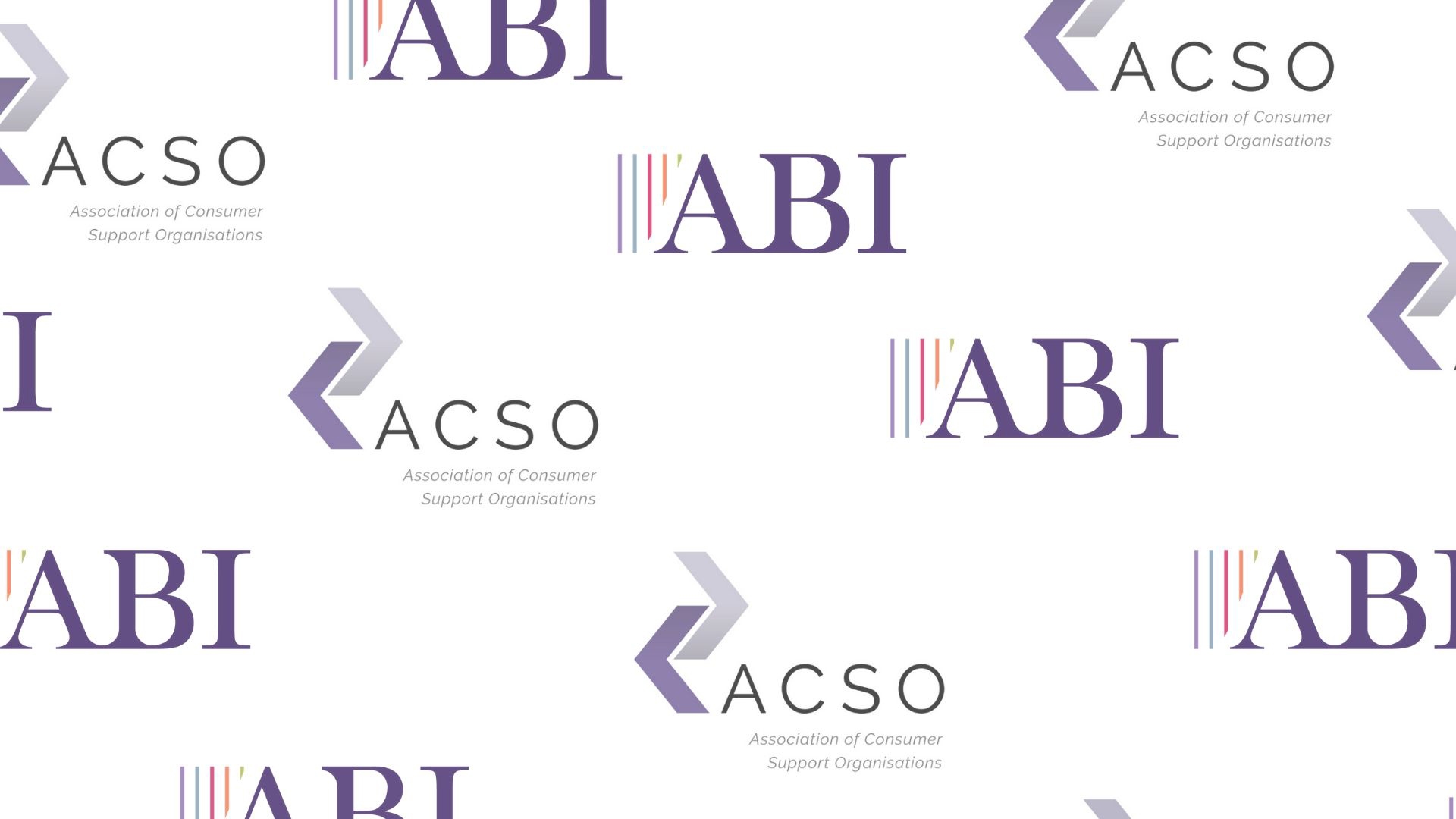The Association of British Insurers (ABI) and the Association of Consumer Support Organisations (ACSO) have formulated a set of principles which we encourage parties to follow to enable the timely resolution of disputes during the ongoing COVID-19 crisis.
Temporary emergency measures
It is accepted by all parties that one-off emergency measures are required. These must be seen by all parties as temporary revisions to the existing processes and protocols which are being adapted to allow all parties to function but will be removed once the COVID-19 crisis is over.
Statement of Intent review mechanism
The temporary measures contained within this statement will be reviewed at least every three weeks until the end of both the COVID-19 crisis and the accompanying social-distancing measures which prevent normal working practices in the context of the civil claims process. The temporary measures will cease when either party notifies the other.
MedCo remote examinations
Any challenge on the probity or £180+VAT fixed cost of the MedCo report will not be the basis of the method of examination itself being by remote video, as long as the latest MedCo guidance has been followed. For the avoidance of doubt, the MedCo guidance does not require compensator approval for a remote examination and this Statement of Intent reinforces that position. Examinations should not be delayed for any such purpose.
Non-MedCo remote examinations
Remote video medical examinations in relation to non-MedCo-related matters will be encouraged for injuries capable of being assessed by a GP and clinical psychologist or psychiatrist, while other categories of examination may be considered appropriate during the COVID-19 crisis on a case-by-case basis and agreed wherever possible.
Rehabilitation
Delivery of one-on-one rehabilitation by remote video, but not telephony, is agreed for physiotherapy related to:
- MedCo cases; and
- Vulnerable road user (a cyclist, motorcyclist, horse rider, pedestrian or any other road user other than a driver or a passenger in or on a motor vehicle other than a motor cycle) soft-tissue injury cases.
The anticipated number of sessions and frequency of psychological therapies is expected to be undertaken remotely in much the same manner as face-to-face treatment. Face-to-face treatment will be resumed once the social distancing measures end, unless agreed otherwise.
The number of sessions of physiotherapy will be restricted to no more than an initial assessment of 30 minutes duration plus a maximum of 6 sessions of treatment, if this is required, with each session being restricted to 20 minutes rather than the usual 30 minutes.
In respect of other cases, the parties may agree to the above on a case-by-case basis. Any challenge on the probity of the rehabilitation will not be on the basis of the method of treatment itself being a remote one-on-one session, as long as the agreed approach has been followed.
Claim progression and conclusion
Communications: the parties agree to use telephone and/or email communications, with email commonly being the preferred method, and avoid post; established escalation points should be followed; all payments due will be made promptly and by BACS wherever this is possible.
ADR: alternative dispute resolution mechanisms are actively encouraged during the COVID-19 period to provide flexibility to the usual processes when the progression and/or settlement of a claim is clearly impacted by COVID-19. The alternative measures are:
- Stage One of the Claims Portal process: if there is no response from the defendant party within the current time limit to respond, the claim will automatically fall out of the Portal process. If liability is subsequently admitted in full within 10 working days and the defendant party can provide satisfactory supporting evidence at the time liability is admitted showing the delay in admitting liability was solely and directly as a result of a COVID-19-related reason, then on a case-by-case basis and as an exception, the claimant party will reasonably consider payment of fixed costs as if the claim had remained in the Portal, provided that the parties have acted reasonably and in the spirit of the Portal process;
- Stage Two of the Claims Portal process: the claimant party agrees to extend the negotiation period by 10 working days where the defendant party submits a written request to do so prior to the expiry of the usual Portal negotiation period and provides a legitimate reason seeking the extension which is directly related to the COVID-19 crisis. If an extension is granted, the defendant party agrees that they will actively negotiate during this period. This does not prevent the parties agreeing a further extension in accordance with paragraph 7.36 of the Pre-Action Protocol for Low Value Personal Injury Claims in Road Traffic Accidents from 31 July 2013 and paragraph 7.33 of the Pre-Action Protocol for Low Value Personal Injury (Employers’ Liability and Public Liability) Claims;
- Stage Two and Three of the Claims Portal process: for those cases moving between Stages Two and Three, and for existing cases in Stage Three, the parties are encouraged to explore alternative methods of claim resolution during the COVID-19-affected period.
If the alternative measures are not successful in progressing and concluding claims, the claim being pursued on behalf of the consumer will have to advance in the usual manner.
